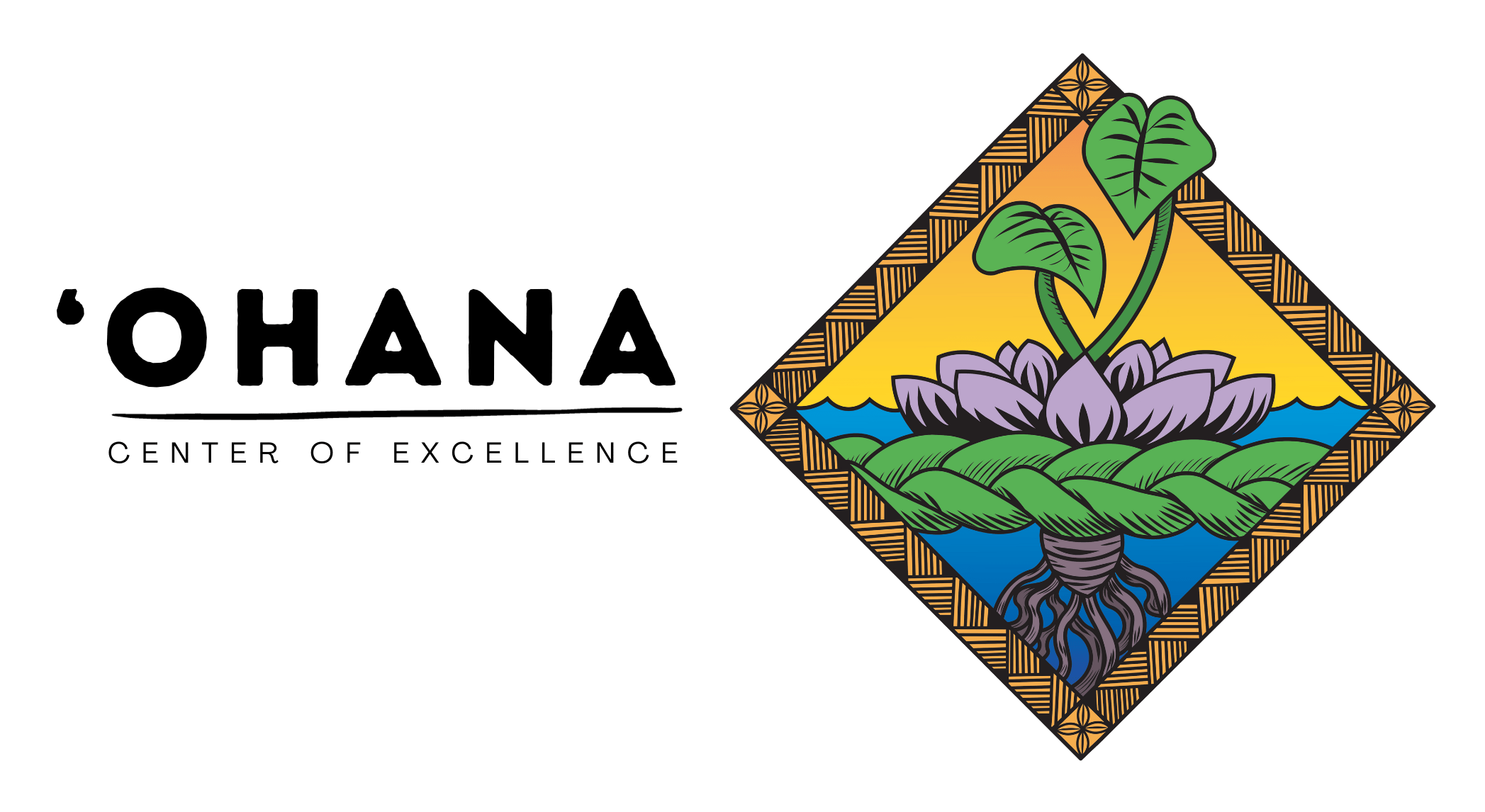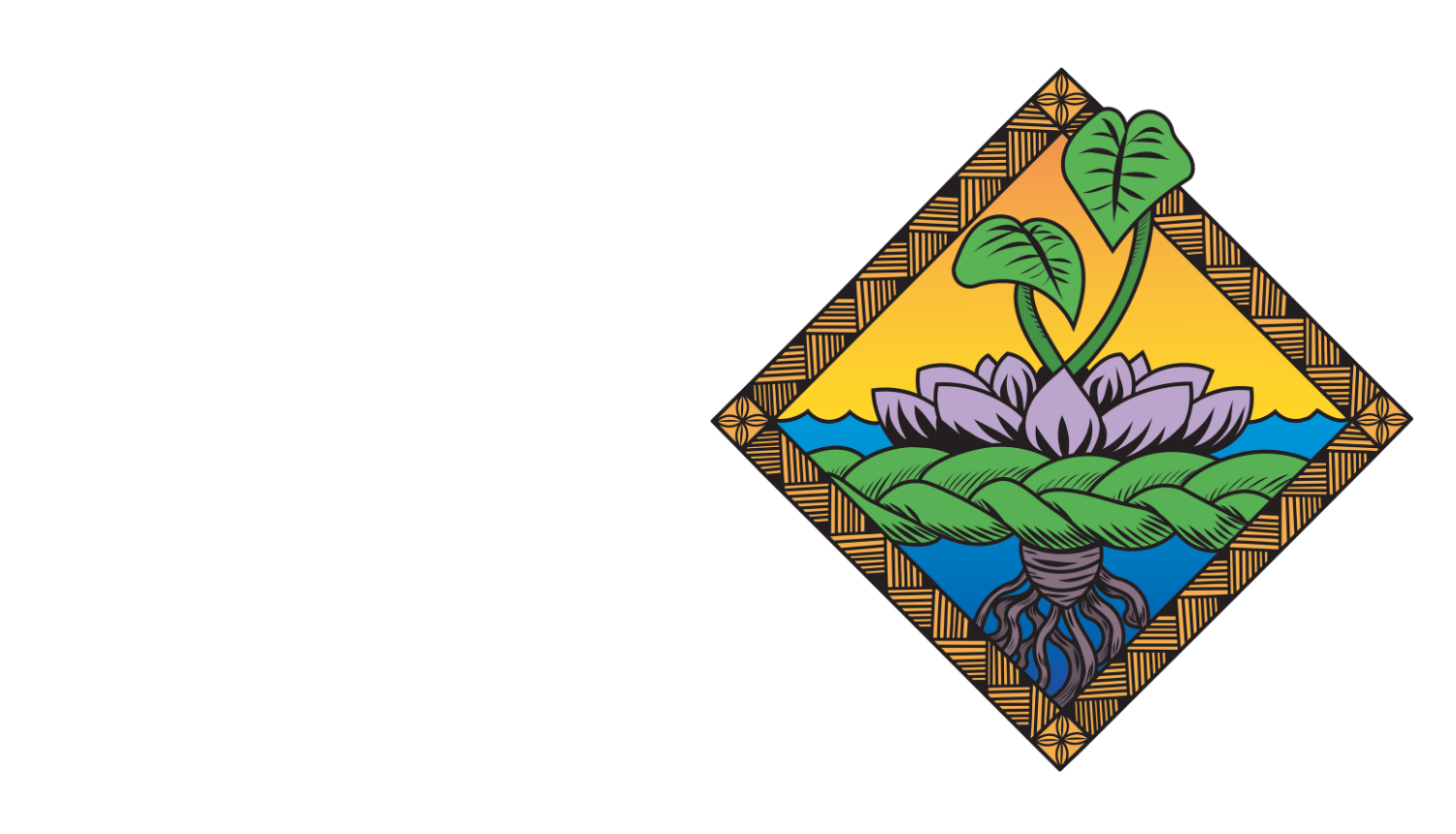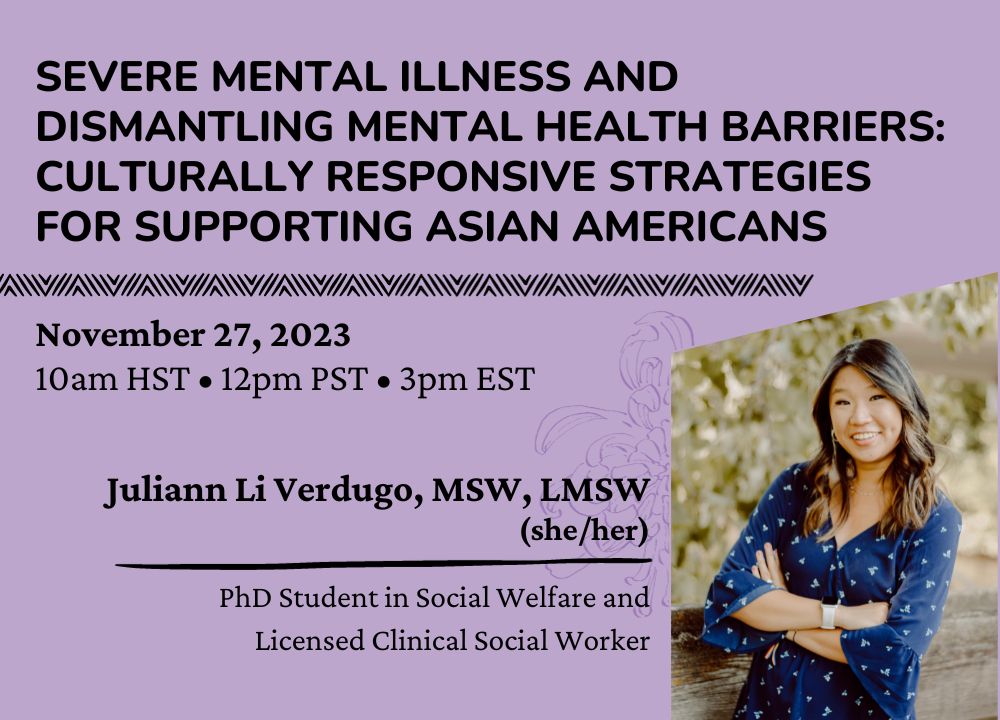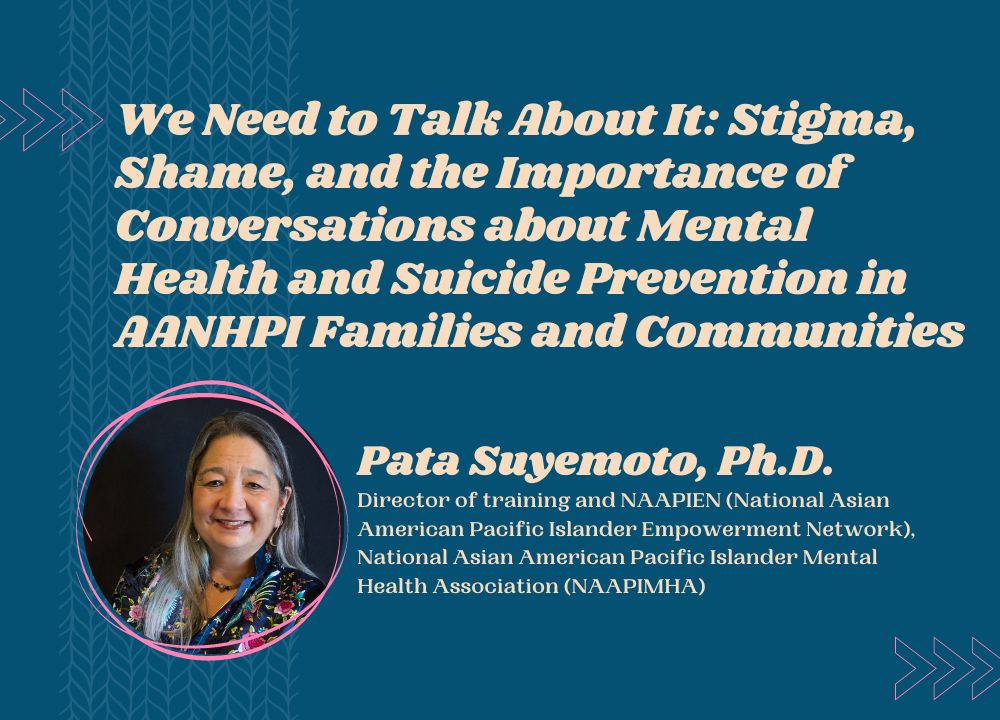This workshop will present a detailed description of severe mental illnesses such as schizophrenia spectrum disorders and review their impact and current findings among Asian American individuals and families. An in-depth discussion of prevalent barriers to mental healthcare among Asian American communities will be provided, such as mental health stigma and misinformation. Prevailing myths and misconceptions about schizophrenia, psychotropic medications, and psychotherapy will be explored and reviewed. Strategies will be provided on micro, mezzo, and macro levels for behavioral health practitioners, clinical social workers, community advocates, academic researchers, and family members and loved ones regarding supporting Asian American individuals with severe mental illness and de-stigmatizing mental health at large. Techniques for treatment engagement, initiating and receiving services, contributing to community anti-stigma efforts, and other suggestions for engaging with Asian American clients on multiple levels in social work practice will be provided.
What will participants learn?
- Detailed overview and information about severe mental illnesses such as schizophrenia spectrum disorders
- Exploration of prevalent barriers to mental healthcare such as mental health stigma and their impact on Asian American communities
- Myths and misconceptions about prevailing stereotypes and misinformation about severe mental illness, psychotropic medication, and psychotherapy
- Strategies for building trust and engaging with Asian American clients with severe mental illness in therapy, including for clients with anosognosia (lack of insight)
- Suggestions for supporting Asian American families impacted by severe mental illness on community, research, and organizational levels
- Resources for schizophrenia spectrum disorders
Who should attend?
- Behavioral health providers, professionals, and trainees
- Asian American social workers and community leaders
- Community members interested in learning more about mental health
- Asian American local and community-based organizations
- Academic researchers and scholars interested in areas of Asian diaspora mental health
- Family members, friends, and colleagues who may know someone impacted by severe mental illness
DOWNLOADS & REPLAY







